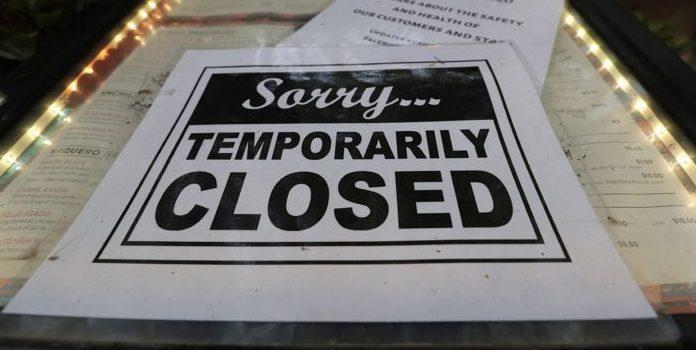(Patrice Onwuka, RealClear Wire) Female entrepreneurs are an undeniable force in the economy today. President Biden just highlighted that women own 12 million businesses during the kick-off of the Small Business Administration’s Women’s Summit.
Thanks to over a century of struggle, a woman’s place is anywhere she chooses to set her feet. For that reason, we must push back against efforts led by the president to drag women back into outdated models of work.
Earlier this month, the Senate Committee on Health, Education, Labor and Pensions held a hearing on unionization to cheerlead the overturning right-to-work laws in 27 states and boosting private-sector union participation nationwide by force.
The hearing came on the heels of the revival of Congress’s last failed attempt to unionize America. Democrat senators introduced the Richard L. Trumpka Protecting the Right to Organize Act along with a companion bill in the House of Representatives. In addition, President Biden’s nominee to head the Department of Labor, acting secretary Julie Su, has been a union ally (and business foe) dating back to her days as California’s labor secretary.
Union advocates tout a 2022 Gallup poll that found approval of labor unions reaching its highest level (71%) since 1965. However, an affinity for the idea of unions doesn’t translate into membership gains. According to the Bureau of Labor Statistics’ latest Union Membership Summary, only 10.1% of the U.S. workforce held a union job in 2022 — down from 10.3% in 2021.
Private sector workers have made their choice clear: They aren’t interested in joining unions. This is true for both sexes. Union membership for men and women plunged from highs of 24.7% and 14.6%, respectively, in 1983 to 10.5% and 9.6% in 2022.
If workers who opt not to join the union in their workplace do not want to be forced to pay dues, then they should oppose the PRO Act. If men and women bristle at the thought of union bosses collecting their private information— including their personal cell phone numbers and home and email addresses — from their employers to later harass them for not joining the union, then they should oppose the PRO Act too.
Women who love the work-life balance they have achieved as independent contractors must loudly rebuke the PRO Act. Tucked into this bill is effectively a wholesale reclassification of the independent workforce with the goal of increased unionization in mind. The PRO Act starts from the position that all workers are employees and must prove otherwise. It would adopt a stringent “ABC test” to determine whether a worker is an independent contractor. Unfairly targeting independent work is anti-woman and anti-worker.
Independent contractors can’t be unionized. Forcing a change in their status, coupled with the overturning of right-to-work laws, would deliver a revenue bonanza for labor unions at the expense of flexible freelance and gig opportunities. At the same time, the Department of Labor has proposed its own job-destroying regulations to reclassify workers.
Has anyone asked women what they want? Women want bespoke careers: greater flexibility in hours and the ability to work from home, greater control over their financial future, and better work-life balance.
Of the 64 million people who freelanced last year, over half were women. Freelancing and gig work grant women full control over their time, talent, and treasure by freeing them from the traditional 9-to-5 model of work. Independent contracting — whether full-time, part-time, or occasionally — offers women the ability to raise children, care for aging or sick relatives, manage their own health challenges, and pursue fulfilling work. Freelancers enjoy greater income, more flexibility, greater satisfaction, better health outcomes and even more security than a traditional job.
Being reclassified as employees would rob women of these gains and lead to devastating impacts. The PRO Act is modeled after California’s reclassification legislation, Assembly Bill 5, engineered by DOL nominee Julie Su and passed in 2019. Immediately, professionals and gig workers across the state lost incomes, contracts, and clients.
Three years later, heartbreaking stories of lost businesses and livelihoods for entrepreneurs and small business owners continue to stack up as some freelancers fled the state in search of opportunity. As a national organization, Independent Women’s Forum hears from California women who have been devastated by AB5, and people nationwide who fear that the PRO Act will do the same to their careers.
Women have a right to worry that Congress and federal regulators may destroy the flexible, independent opportunities they have come to depend upon. This Women’s History Month, let’s not turn back the clock on women’s progress in the economy.

